10+ Things That Were Unacceptable in the Past, but Are Pretty Normal Now

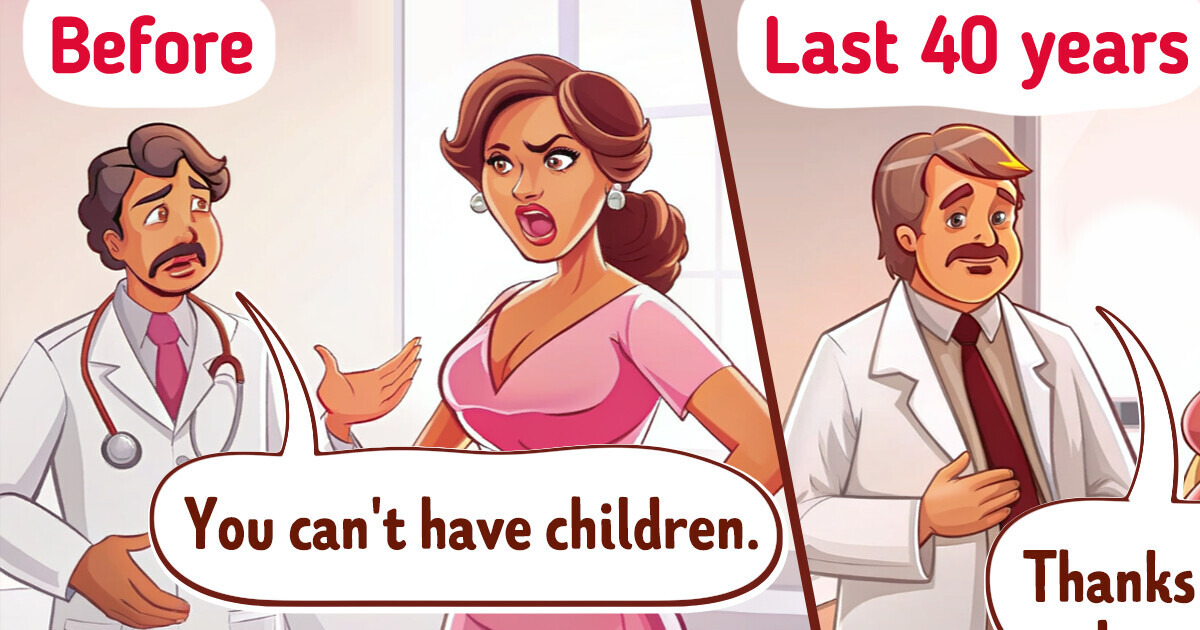
The saying “everything was way better back then” is a common refrain that suggests that the past was a better time to be alive than the present. However, this saying is often based on nostalgia and a romanticized view of the past, rather than a realistic assessment of the current conditions of the time. Here are 14 facts that demonstrate why this saying doesn’t make sense anymore:
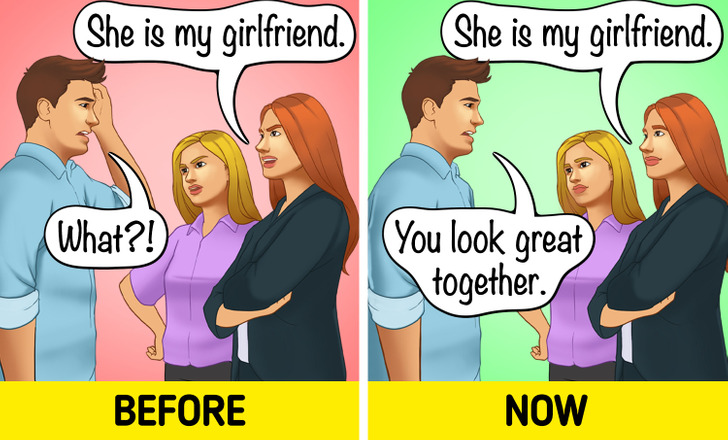
Before, the LQBTQ+ community faced discrimination and prejudice to the extent that they were not accepted by many in society. However, in the modern world, attitudes toward LGBTQ+ people have shifted by becoming more accepting and inclusive. Many countries every year pass laws that protect their rights and recognize their relationships.
We’ve heard many times that AI beat the world’s best chess players. However, not so long ago, the computer outdid itself — artificial intelligence managed to beat the champion in the Chinese game of Go.
Until recently, Go was the only game in which humans were superior to AI. After the computer won against the Korean champion, Lee Sedol, the gadget ended his career with the words, “Now there is an entity that can’t be defeated.”
The development of AI will help automate many areas of production where human resources were previously required. Now robots will be able to replace them. Although many fear that AI will leave humanity behind, the developments in this area, on the contrary, will generate new professions and jobs.
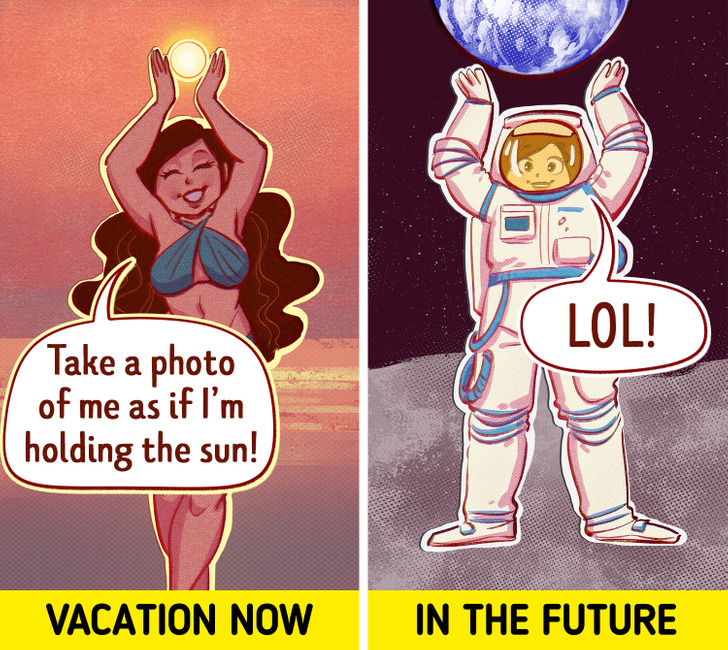
According to forecasts, the size of the space tourism market will reach $3 billion by 2030. A few companies are competing for the right to send tourists into orbit, and Elon Musk’s company, SpaceX, is among them.
Several successful trips happened in the 2000s, and until recently, space tourism was forgotten. But in the fall of 2021, new trips were planned, which means businessmen, philanthropists, scientists, and doctors will eventually fly into space. Who knows, maybe even an ordinary person will be able to fly to the moon for the weekend in a dozen years!
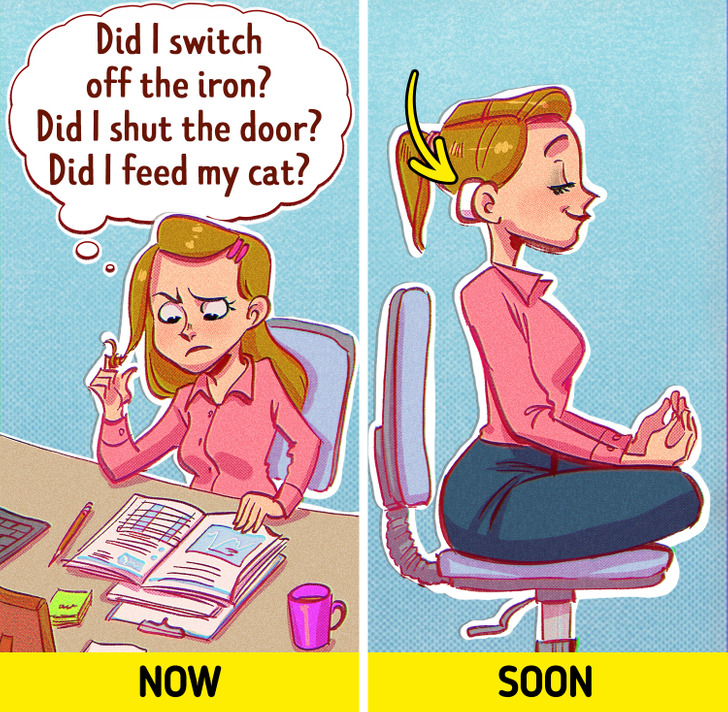
Elon Musk’s project, Neuralink, is a microchip that will create a connection between the human brain and a computer. In the future, it will help treat Parkinson’s disease and can even give robotic prosthetics haptic feedback.
In addition, Neuralink is capable of helping people with anxiety and depression who can’t get themselves to leave the house. According to Musk, the chip will ease the person’s condition so that they can at least begin their treatment.
Recently, ophthalmologists invented an iris prosthesis combined with an artificial lens, which will help people with eye injuries to rehabilitate. The unique invention has already been patented under the name “iris-lens diaphragm” and put into practice.
Other inventions are also nice, like self-adjusting eyeglasses. Farsighted people will be able to customize the same pair of glasses without having to use different eyeglasses for reading, walking, etc.
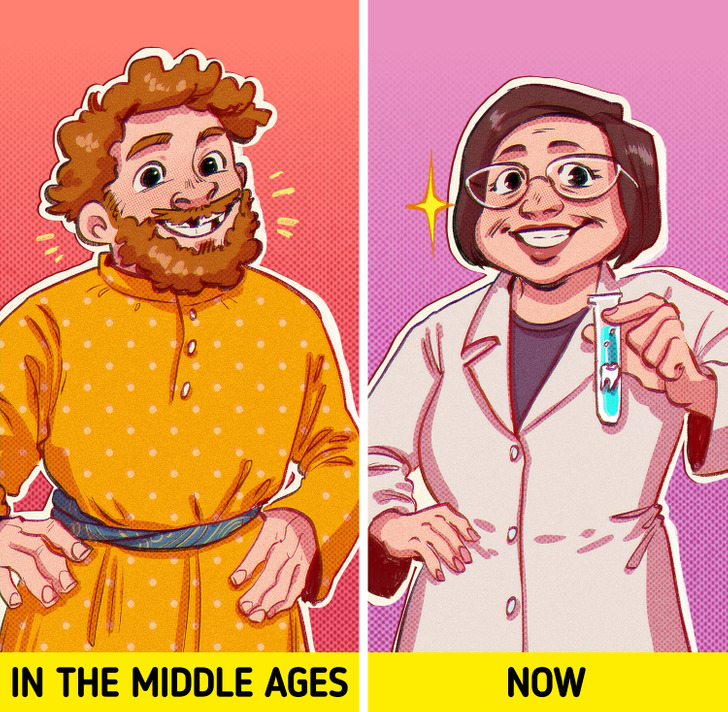
Dentures have a rich history. Long ago, people used ivory, beeswax, and wood to replace lost teeth. Nowadays, more modern materials are used, and a tooth is still made of artificial materials and has to be attached to the jaw with a complex structure.
Recently, scientists managed to grow a bioimplant that is very close in structure to a real tooth, and this is a huge step in dentistry. In addition, this technology has already made it possible to grow tooth enamel.
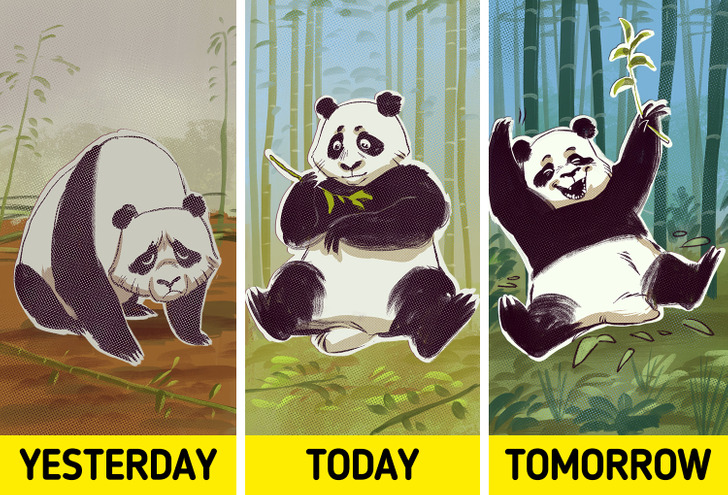
It’s logical to assume that deforestation and large-scale forest fires greatly reduce the percentage of trees on the planet. But as it turns out, despite natural disasters and human activities, there are much more trees on Earth now than there were 100 years ago. During this time, the number of trees has grown by 400%.

Virgin Hyperloop is developing the technology for passenger pods that will hurtle at speeds of up to 750 miles an hour through almost air-free vacuum tunnels using magnetic levitation. According to forecasts, Virgin Hyperloop plans to start commercial operations as early as 2027.
Scientists have long sounded the alarm on plastic waste getting into the ocean. Up to 12.7 million tons of plastic get into the water every year — the scale of the pollution is terrifying. It’s necessary to solve this problem at a global level and not only at the expense of individual activists.
Greenpeace has already been researching biodegradable plastics. This material is made from sugar cane and is much easier to recycle.
Others scientists are following in their footsteps too. Scientists from Astrakhan State University developed cling film from gelatin, and a Finnish company launched the production of drinking straws from recycled wood waste.
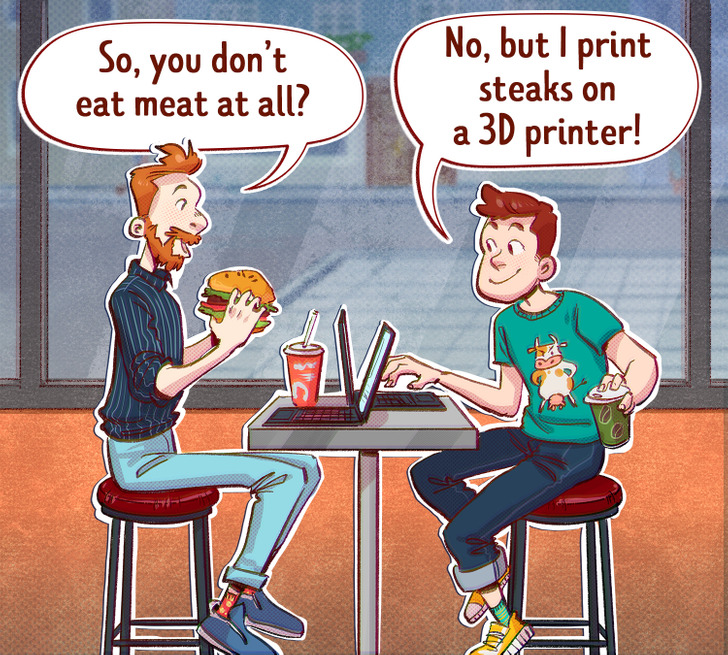
3D printers are no longer perceived as an innovation, but many people are not aware of their capabilities. Meanwhile, technology in this area has advanced far enough to produce meat without the use of animal products.
It has also been used in medicine. A doctor can, for example, create an exact copy of a patient’s spine in order to plan a complex operation or make a perfectly fitted limb prosthesis.
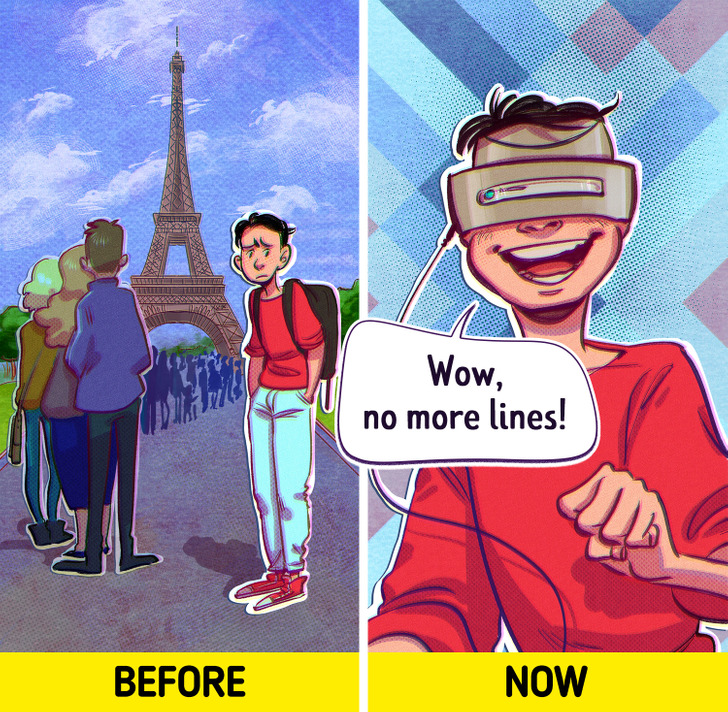
When there’s no opportunity to see a popular attraction with your own eyes, you can just flip through photos on the Internet or go on a virtual tour. VR technology allows you to put on a helmet and travel to any part of the planet and beyond.
As of today, you can’t smell or feel the sea breeze with your skin while in virtual reality, but it seems that the inventors are gradually working on this.

Some time ago, if a doctor diagnosed a woman with infertility, it meant that she could never have children. This was the case until 1978, or rather, before the first successful birth of a child after in vitro fertilization treatment.
With the help of this technology, more than 8 million children were born in the world, while infertility and age are no longer considered barriers to giving birth to a healthy child.
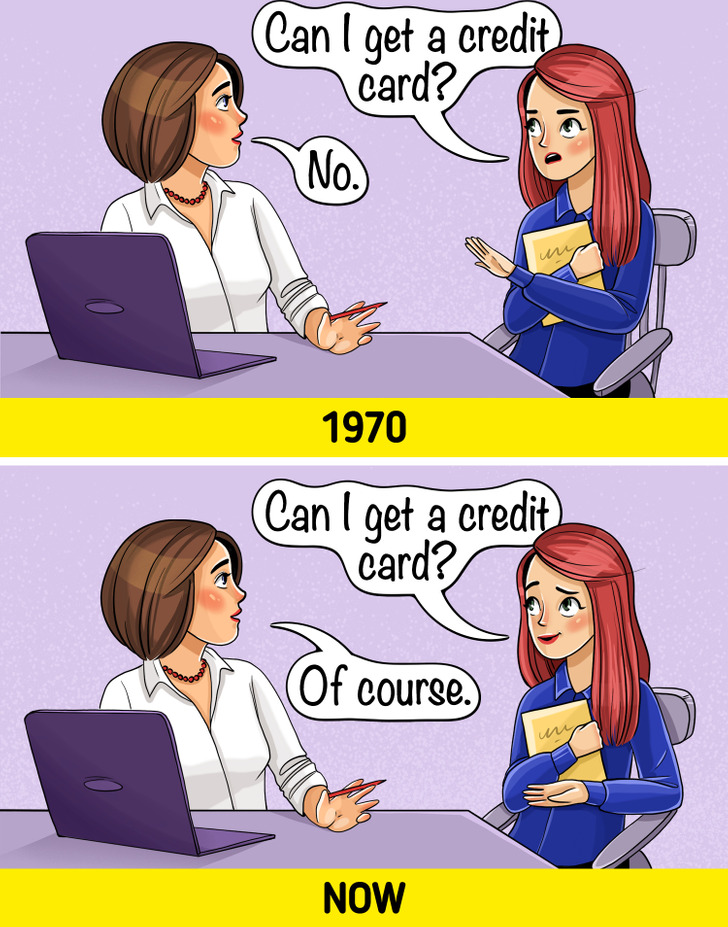
Before 1974, women in the United States were not allowed to have credit cards in their own names and had to rely on male guardians for financial support. The Equal Credit Opportunity Act made it illegal for creditors to discriminate against borrowers based on their sex, race, religion, national origin, or marital status, which allowed women to apply for and use credit cards..
What are some ways we can learn from the past and apply those lessons to the present and future? What are some specific ways in which you think the present is better than the past? Tell us in the comments below.











